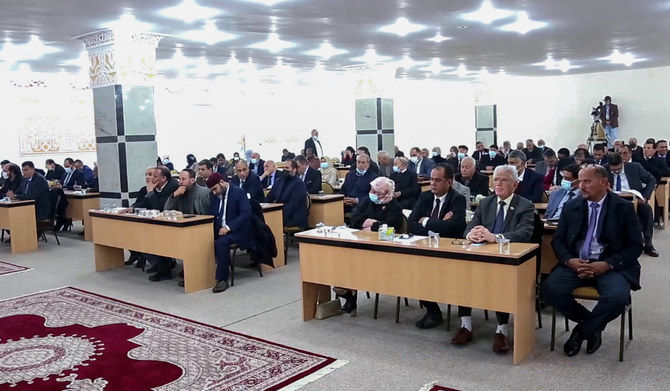
Tunisias parliament approved the countrys third government in less than a year on Wednesday, overcoming discontent among lawmakers incensed by how the administration was formed and averting the threat of disruptive early elections.
Former interior minister Hichem Mechichi was confirmed as premier after his cabinet, dominated by independent technocrats, secured support from nearly two-thirds of the chambers deputies overnight.
The 46-year-old has pledged to revitalize a tourism-reliant economy that has been hit hard by the coronavirus pandemic and said after the vote that his government would be able to "move forward" provided it was not bogged down in political tensions.
Tunisias parliament is deeply divided and many lawmakers were angry that Mechichi bypassed the major political factions in building his cabinet. There were 134 votes in favor and 67 against forming the government.
Islamist-inspired Ennahdha party, the biggest bloc in parliament, said hours before the vote that it would back Mechichi "despite reservations".
"The government formation comes at a time political instability and the peoples patience has reached its limit," Mechichi told parliament.
"Our priority will be to address the economic and social situation... stop the bleeding of public finances, start talks with lenders and begin reform programs, including for public companies and subsidies," he added.
Political scientist Chokri Bahria, from the think tank Jossour, said Mechichi would be able to lead a government with "a support base that should allow it a few months of stability".
Tunisia has been praised as a rare success story for the so-called Arab Spring uprisings that swept the region in 2011, bringing down its long-time president Zine El Abidine Ben Ali.
But it is now mired in social and economic crisis, with the official unemployment rate at 18 percent, and in need of new assistance from the International Monetary Fund.
Mechichi, a lawyer by training, named judges, academics, public servants and business executives to his cabinet.
Under plans to revamp the government and revive the economy, he gathered the ministries of finance, investment and economy into a single department led by liberal economist Ali Kooli, chief executive of Arab Banking Corporation (ABC Bank) in Tunisia.
Ennahdha and others had instead demanded a "political" government that reflects the balance of parties and factions in parliament.
The chairman of Ennahdhas advisory board, Abdelkarim Harouni, said the party would back Mechichi "given the difficult situation of the country" but would then seek to "develop and reform this government".
Although President Kais Saied proposed Mechichi as prime minister, Tunisian politicians say he has since dropped his support, underscoring the potential for tensions between the presidency and government.
Officials from parties said Saied had asked them to vote against Mechichis government and to instead continue with a caretaker government.











